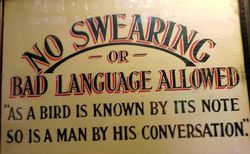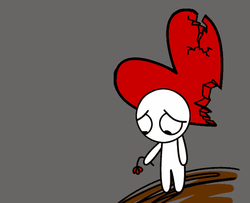
"[W]hile at play, especially during recess and unstructured time, students are expected to keep their hands to themselves. The rationale behind this is to ensure the physical and emotional safety of all students," Mercer Island School District communications director Mary Grady told local news station Q13Fox on Wednesday.
Parents weren't impressed.
"Good grief, our kids need some unstructured playtime," Kelsey Joyce told the station. Melissa Neher said, "I played tag. I survived." Still another parent noted that now her son walks around chatting about video games during recess, rather than getting more vigorous exercise.
Community members created a Facebook group, STAR MI ("Support Tag At Recess in Mercer Island"), to protest the decision. "Tag and other child led games encourage independence and much needed activity," says the group's description.
Superintendent Gary Plano brought up the backlash to the new "hands-off" rule at a school board meeting Thursday, according to the Mercer Island Reporter.
"It's regretful that what seemed to be a well-intentioned desire to help protect kids has taken a life of its own," said Plano, announcing that he would form a committee that would gather parents' feedback.
In 2013, New Hampshire elementary school officials received similar criticisms when they banned tag, arguing that kids were "tagging" each other with too much force and running around without looking where they were going.
"Tag is one of the oldest playground games anywhere," parent Bill Chisholm said at the time. "To ban tag is just ridiculous."
Tag is not the only common childhood activity under attack. Schools nationwide have banned hugging, dodgeball and competitive games in general. Several schools in the United Kingdom have even prohibited the concept of "best friends."
This post was written by H. Hanson of The Huffington Post. You can find the original post here: http://www.huffingtonpost.com/entry/playing-tag-ban-mercer-island_5605588ce4b0768126fd284e









 RSS Feed
RSS Feed